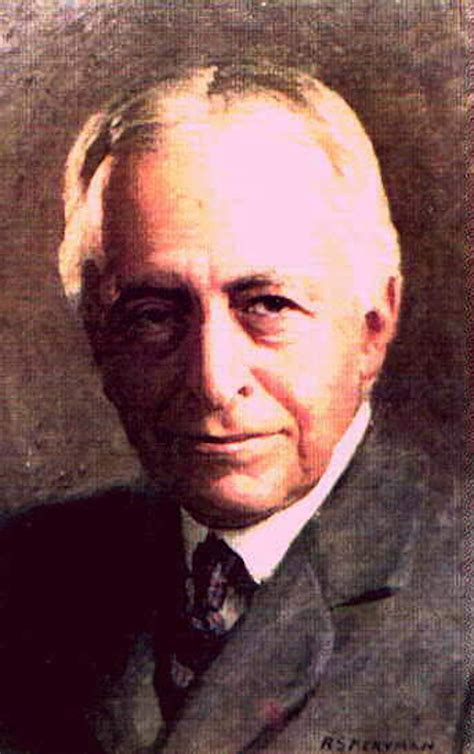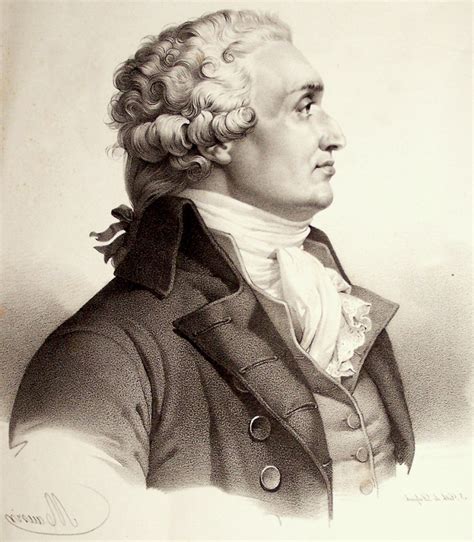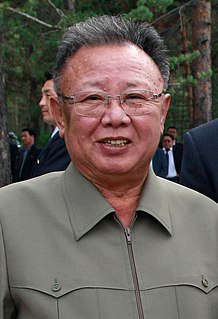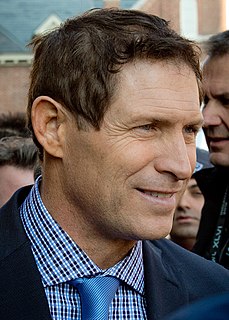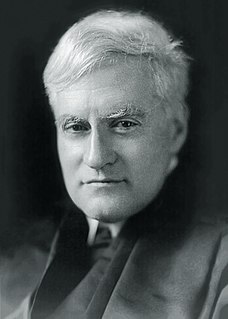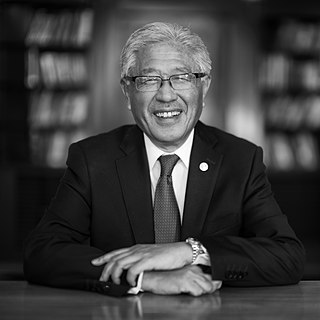A Quote by Irving Babbitt
Robespierre, however, was not the type of leader finally destined to emerge from the Revolution.
Related Quotes
One wonders why there are so many women who follow Robespierre to his home, to the Jacobins, to the Cordeliers and to the Convention. It is because the French Revolution is a religion and Robespierre is one of its sects. He is a priest with his flock... Robespierre preaches, Robespierre censures, he is furious, serious, melancholic and exalted with passion. He thunders against the rich and the great. He lives on little and has no physical needs. He has only one mission: to talk. And he talks all the time.
As I search the archives of my memory I seem to discern six types or methods [of judicial writing] which divide themselves from one another with measurable distinctness. There is the type magisterial or imperative; the type laconic or sententious; the type conversational or homely; the type refined or artificial, smelling of the lamp, verging at times upon preciosity or euphuism; the demonstrative or persuasive; and finally the type tonsorial or agglutinative, so called from the shears and the pastepot which are its implements and emblem.
I was born in Cuba. At the age of 14 years of age I was involved in a revolution. We were suffering from a very cruel, oppressive dictatorship, and the revolution started in the high schools and the universities. So when I was 14, I was involved in the revolution. I was in the revolution four years. During that time, a young, charismatic leader rose up in Cuba, talking about hope and change. His name was Fidel Castro.
How is Marxist-Leninist theory to be linked with the practice of the Chinese revolution? To use a common expression, it is by "shooting the arrow at the target". As the arrow is to the target, so is Marxism-Leninism to the Chinese revolution. Some comrades, however, are "shooting without a target", shooting at random, and such people are liable to harm the revolution.
